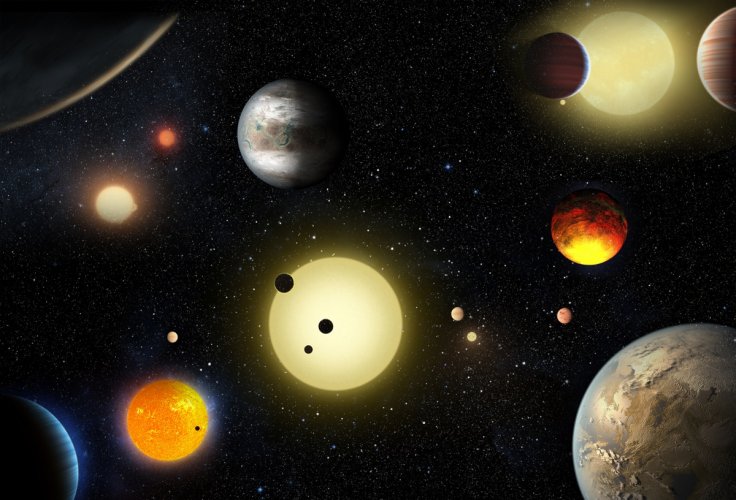
NASA's Kepler telescope is widely considered the most successful alien planet hunter in the history of the space agency. The spacecraft which has been zooming deep into the Milky Way for nearly a decade has spotted more than 2,500 confirmed planets orbiting distant stars. But now, it has been reported that Kepler is running out of fuel, and it may stop its service anytime in the next few months.
confirming it, NASA engineer Charlie Sobeck said: "It's like trying to decide when to gas up your car. Do you stop now? Or try to make it to the next station? In our case, there is no next station... We will continue to provide updates on the science and the spacecraft, which has yet to show warning signs."
From mechanical failures to being blasted by cosmic rays, Kepler has faced several obstacles during its hunt for planets in space. However, the spacecraft started facing mechanical problems in 2013 when two of Kepler's reaction wheels which are used to point the telescope at target stars failed.
Even though the telescope was working at that time, it failed to stabilize the optical components which were necessary to target potential planets. Later, NASA found a fix for this using pressure of sunlight.
"In 2013, Kepler's primary mission ended when a second reaction wheel broke, rendering it unable to hold its gaze steady at the original field of view. The spacecraft was given a new lease on life by using the pressure of sunlight to maintain its pointing, like a kayak steering into the current," said NASA in the statement.
This repair marked the trigger of the K2 mission. Within months, the K2 campaign discovered its first exo-planet, a super-earth named HIP 116454b.
"Our current estimates are that Kepler's tank will run dry within several months – but we've been surprised by its performance before! So, while we anticipate flight operations ending soon, we are prepared to continue as long as the fuel allows," added Sobeck.
Space buffs are now eagerly waiting to know whether Kepler will continue surprising everyone with a limited fuel in its tank.









